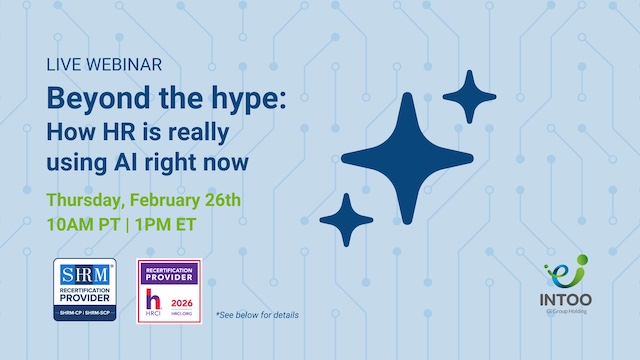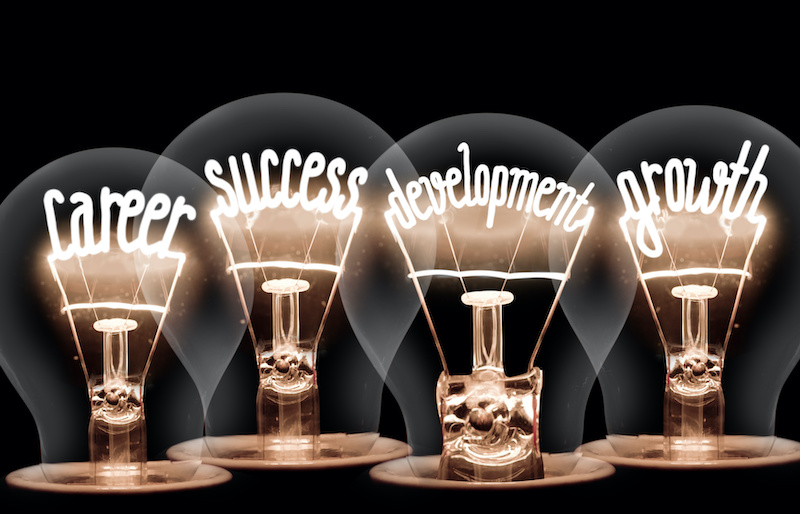Introduction to Strategic Planning:
Strategic planning is a brainstorming process organizations use to define their long-term goals and devise strategies to achieve them. It involves analyzing the current state of the organization, anticipating future trends, setting objectives, and outlining actionable steps to reach those objectives.
Importance of Strategic Planning:
Strategic planning is crucial for organizations to establish a clear direction and make informed decisions. By defining goals and strategies, organizations can align their resources, prioritize initiatives, and adapt to changes in their external environment. It helps foster a proactive rather than reactive approach to challenges and opportunities, enhancing organizational effectiveness and resilience.
Examples of Strategic Planning in a Corporate Setting:
Here are two examples of strategic planning in a corporate environment:
Market Expansion Strategy: Imagine a technology company that specializes in consumer electronics. As part of its strategic planning process, the company decides to enter new geographical markets, such as expanding into Southeast Asia. The strategic plan would involve market research to identify target demographics, competitors, and distribution channels in those regions. It would also outline steps to adapt products and marketing strategies to meet local consumer preferences and regulatory requirements. Financial projections, risk assessments, and timelines for market entry would be integrated into the plan to ensure a smooth and successful expansion.
Product Innovation Strategy: Consider an automobile manufacturer that aims to maintain its competitive edge through continuous product innovation. As part of strategic planning, the company sets goals to develop and launch electric vehicles (EVs) over the next five years. The strategic plan would involve research and development efforts to design EV prototypes, investment in sustainable manufacturing processes, and collaboration with battery suppliers and technology partners. Marketing strategies would focus on educating consumers about the benefits of EVs and building brand credibility in the electric vehicle market segment. The strategic plan would also include monitoring regulatory changes and market trends to adapt the EV strategy accordingly, ensuring alignment with long-term corporate objectives.
In Conclusion
Strategic planning serves as a compass for organizations, guiding them through complex environments by defining objectives, strategies, and action plans. It enables proactive decision-making, fosters organizational alignment, and enhances overall performance and adaptability. By continuously evaluating and adjusting strategies, organizations can stay responsive to changes in their internal and external landscapes, ensuring sustained success and growth in the long term.




